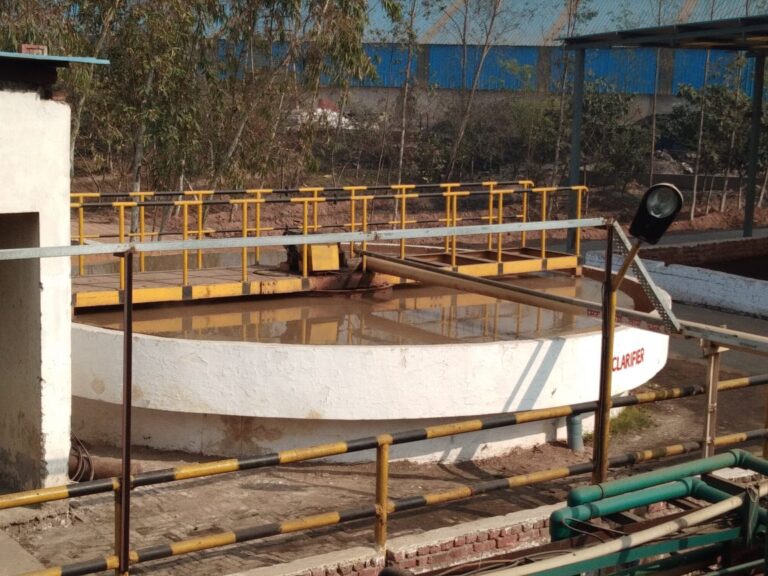
Effluent treatment plants play a crucial role in managing industrial wastewater by eliminating harmful contaminants and pollutants before discharge. These plants are designed to treat wastewater generated from manufacturing, chemical processes, and other industrial activities. ETPs use multiple treatment stages, including primary, secondary, and tertiary processes. The primary treatment removes solid particles and heavy metals, while the secondary treatment employs biological processes to degrade organic matter. The tertiary stage involves filtration and chemical dosing to achieve desired purity levels. Advanced technologies like activated carbon filtration, reverse osmosis, and chemical precipitation enhance efficiency. ETPs ensure compliance with environmental regulations and help industries minimize their ecological footprint. By effectively treating wastewater, these plants contribute to sustainable water management, resource conservation, and environmental protection, ensuring that industrial effluent does not contaminate natural water bodies or pose risks to public health.